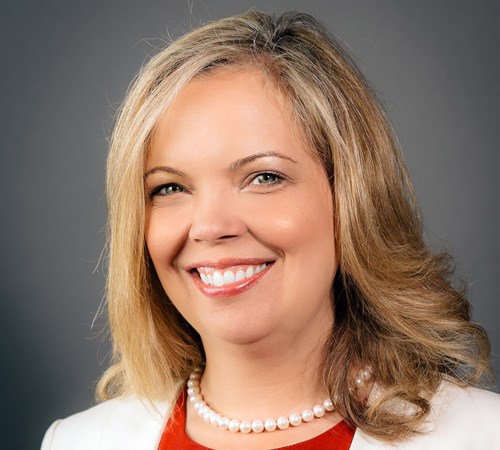Whoever municipal voters elect into local government this November could be in power for a year longer than their predecessors.
On Tuesday morning, the provincial government announced plans to introduce legislation to change municipal terms from three to four years, beginning with the 2014 elections.
The news was met with approval from local elected officials.
"I'm pleased to see the four-year approach," said Mayor Shari Green. "I think it's the right thing to do. It certainly, number one, saves money in a municipality in terms of the cost of actually holding an election every three years."
This year, $76,500 was added to the city manager's budget for the purpose of holding the municipal elections. City staff are also charged with carrying out key functions, such as legal and regulatory services director Walter Babicz serving as the chief electoral officer.
"It's a lot of work for staff who have to organize volunteers to man different polling locations and the process of preparing the ballot and counting the votes and disseminating the information, all of those things," said Green. "When you're doing it frequently, there's a cost to that. When you can do it less frequently, like a four-year cycle instead of three, over time you will save significant dollars."
B.C. is the only province that does not have four-year terms for local governments. It was a recommendation from the joint province- Union of B.C. Municipalities Local Government Elections Task Force in 2010.
"My experience as a municipal councillor convinced me that to succeed in today's complex world, local governments need enough time to plan and complete projects that build strong, inclusive communities," said Community, Sport and Cultural Development minister Coralee Oakes in a press release. "I'm confident this change, supported by UBCM and the task force, will help local governments continue to make B.C.'s communities great places to live and work."
Local government officials also championed the idea, with an endorsement at last year's UBCM conference in Vancouver.
"It's been a topic of discussion for many years," said Prince George city councillor Murry Krause, who is also a UBCM board member.
In 2007, delegates voted in favour of lengthening municipal terms, but it was shot down by the province. When the idea returned to the convention floor in 2010, delegates voted against it.
But having the issue examined more thoroughly by the joint task force likely helped this time around, said Krause.
"I think when that was acknowledged on the floor of the convention - that this had been thought through thoroughly, they talked about the cost of elections, the opportunity to actually achieve some goals in a four- year term as opposed to a three-year term, that factored into people saying 'this is something I can support.'"
For Krause, who is in his fifth term as a Prince George councillor, said some of the advantages to the concept include the financial element as well as allowing local governments an extended chance to implement strategies and plans.
The B.C. School Trustees Association was also in favour of the term extension, said School District 57 board vice-chair Tim Bennett.
"I think in the grand scheme of things it's a great idea," Bennett said. "An extra year to really focus on your mandate and doing what you feel is the right thing to do is going to be a great thing for the electorate."
It also allows time for newbies to get a handle on their new positions.
"In the first year, you're just trying to keep your head above water and learn what's going on and just as you're starting to get comfortable and truly confident in the role, you're now starting to think about an election again," said Bennett.
That extra year provides time for the group to stay focused on their priorities and goals, agreed Green.
"You spend that first period of time together - particularly if you've got new members at a council table - getting up to speed as a group, getting to know each other, getting to understand the process, procedures, how things will work and then that middle year is spent getting the meat of the work done," she said. "But then that final year often can turn into campaign season."
But there are still a variety of potential disadvantages to consider.
Among them is whether a four-year term would discourage potential candidates from getting involved in local government.
"For many people three years seems like a long time," said Krause.
In communities much smaller than Prince George, finding people to carry the mantle for that much longer could be problematic, said Green.
"It can be challenging for them to even find people willing to run because it's a big job and they wear many hats in their community already," she said. "And to add a year to the ask of them, for some people, can be daunting."
It's also an extra year for voters to wait if they are unhappy with who've they've elected, noted Krause.
The municipal term length is part of a package of local election reforms planned for the current legislation session, the province said. These will include modernizing campaign financing rules, such as shifting deadlines for campaign finance disclosure, but excluding overall spending limits.
"I'm hoping we'll see very quickly here all that's contained in the legislation," said Krause. "I think the last time [the UBCM executive] met with minister Oakes there was an acknowledgment about how complex this was and they would probably do it in a staged way."


